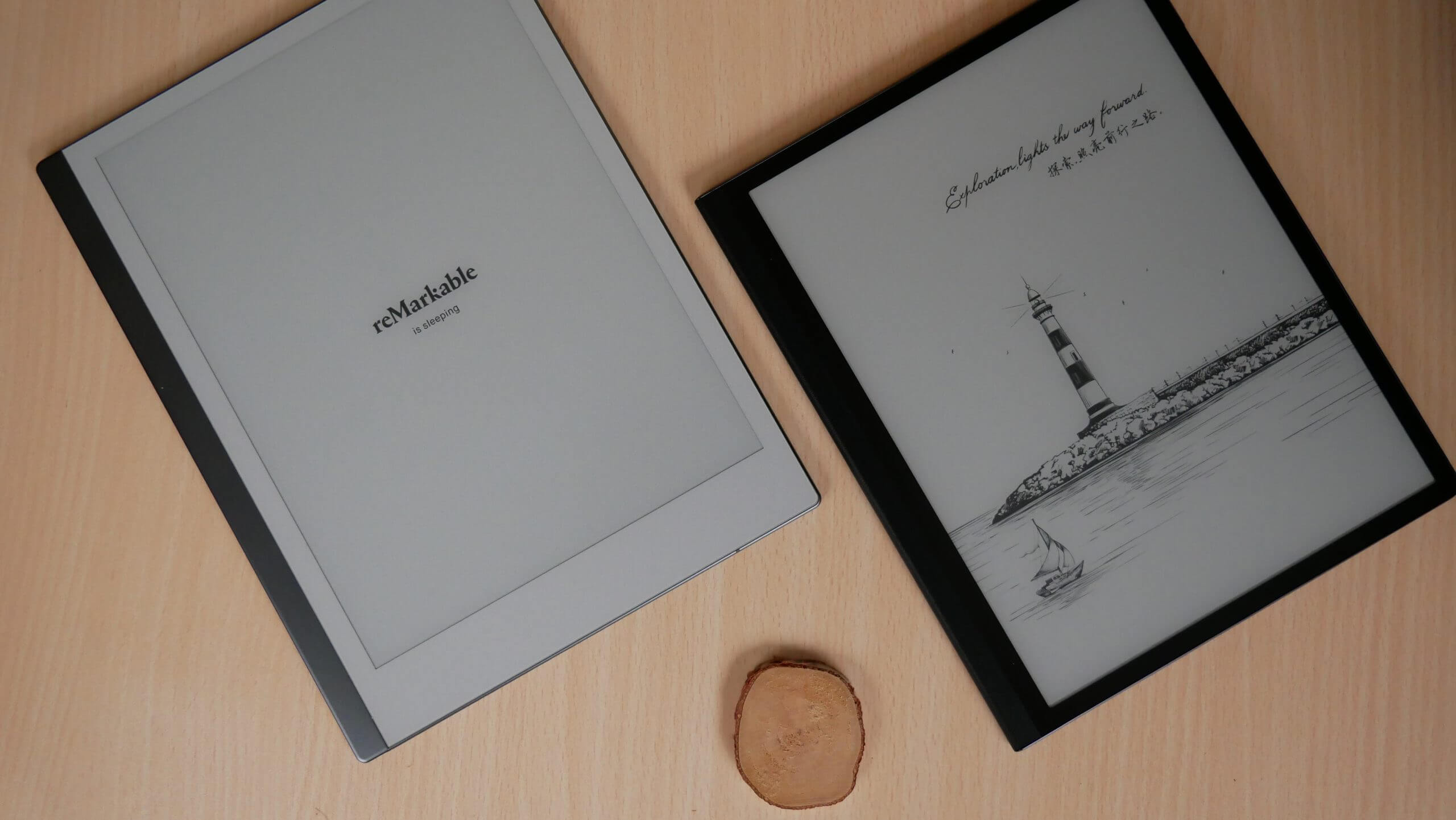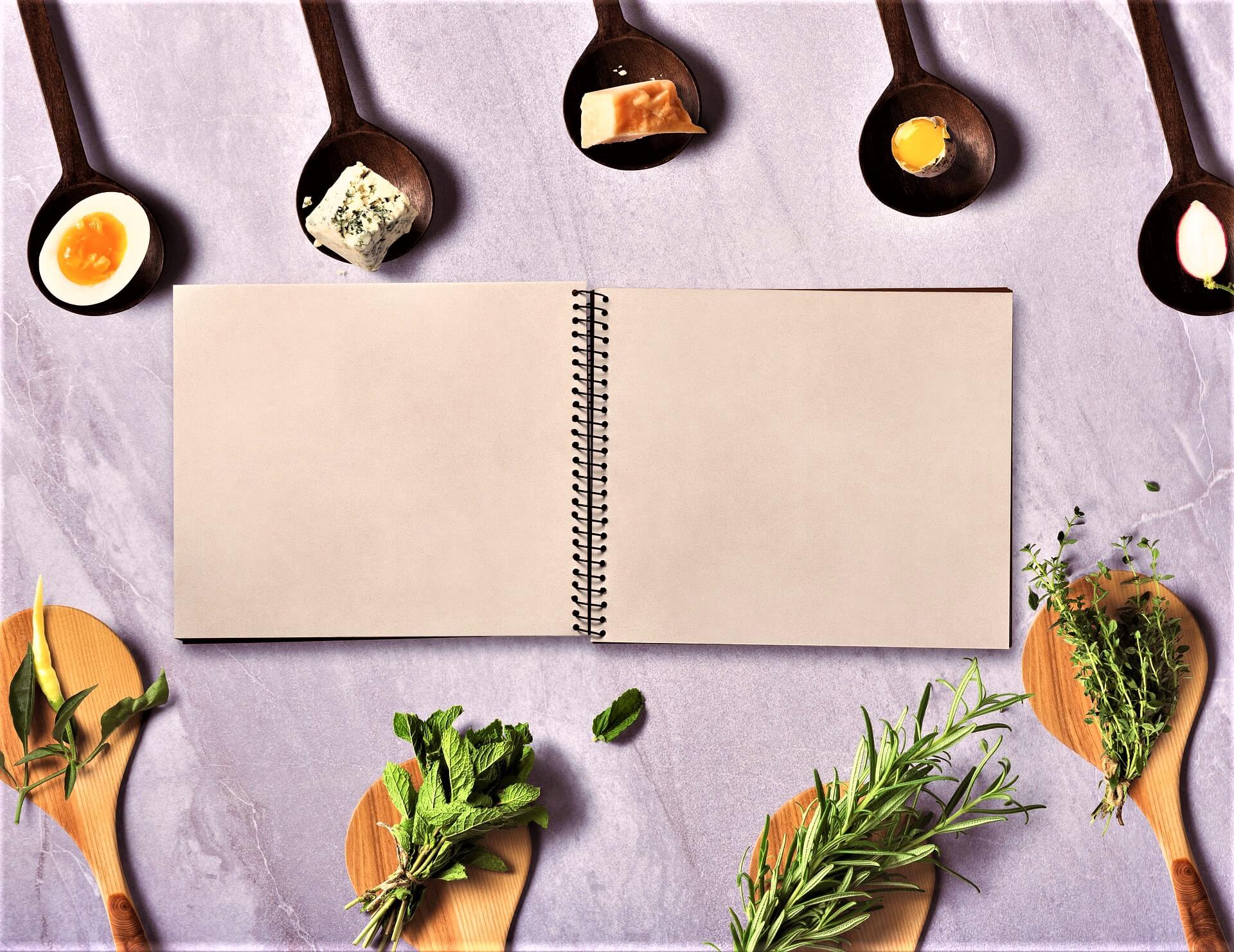
Being shown a vastly different flavor palate in India was both eye opening and taste bud opening. In my late teens, I became more curious about food, how to make it, where it comes from, and I started seeking out inspiring recipes. For a while, I collected them wherever I could,. Much like a coupon collector, I’d cut recipes out of magazines, newspapers, and if lucky, I’d persuade friends to share their delicious family recipes with me. I had newspaper clippings everywhere; stuck to the kitchen cork board, crammed into random notebooks, and of course, all over the refrigerator- the fridge magnets hanging on for dear life.
Tired of dealing with fluttering recipes and the odd paper cut whenever opening the fridge door, my mother bought me a large plain notebook, a glue stick, and a kind, but firm hint to put them to use (she had piled all my clippings into a shoe box and topped it with a bow).
During this time, I also began to explore local more “adventurous” restaurants. Instead of going to run of the mill family restaurants, I would choose Thai, Persian, Ethiopian, and Mexican places, dragging my family with me promising “You’ll love it! It’s authentic traditional cuisine!” My family were such troopers, agreeing to go on these little adventures, seeking backwater places only “locals” know about. That was until the ‘soup incident’ occurred.
At a Vietnamese restaurant, where no one spoke English, my sister made a ‘safe choice” and ordered beef soup. After a few minutes of eating, she dug out what look like a small squid. She said to the waitress “Isn’t this supposed to be beef soup?” The waitress kindly nodded. When my sister still looked confused at the elongated tubular thing hanging off her spoon, the waitress nodded saying “yes, cow” and then pattting her midsection, and said “stomach”.
You could unmistakably hear the preverbal shoe drop, or in this case, a literal spoon being dropped.
My sister’s face went white, and she pushed the soup away only using the very tips of her fingers, as if the bowl was suddenly a small incendiary device. She shoved a piece of gum in her mouth and sighed saying “Enough of this, you need to find some friends who like to eat (she waved her hand around)… this… food, because I just ate freaken cow stomach lining against my will!” Then she followed with a smile and wink, “Oh, and you are buying me Wendy’s on the way home.”
Fair enough.
With fear of being disowned by my family, I sought out “foodie” groups on social media, and joined a local group who got together once a week to try out a ‘unique’ restaurant. It was amazing to be around other foodies, eating out, exploring new tastes and dishes, discussing the nuances of each dish… until my mastercard bill came in, and a hard reality check. Refusing to drop out of my foodie group, I resigned to attending once a month gatherings, and turned to more cost effective ways to keep a rich and intersting diet: Cookbooks.
For years I collected and pored over cookbooks; creating several amazing culinary delights I thought were well beyond my abilities, as well as some absolutely horrific misses, and two tinsy little kitchen fires. But with the expansion of food blogs and the popularity of sharing recipes on social media, it’s made me question whether cookbooks are still relevant today. If you can access a recipe that’s just one click away, is there even a point of buying cookbooks?
Please allow me to present a few reasons why cookbooks are (still) essental.
- Cookbooks are Full Instruction Manuals
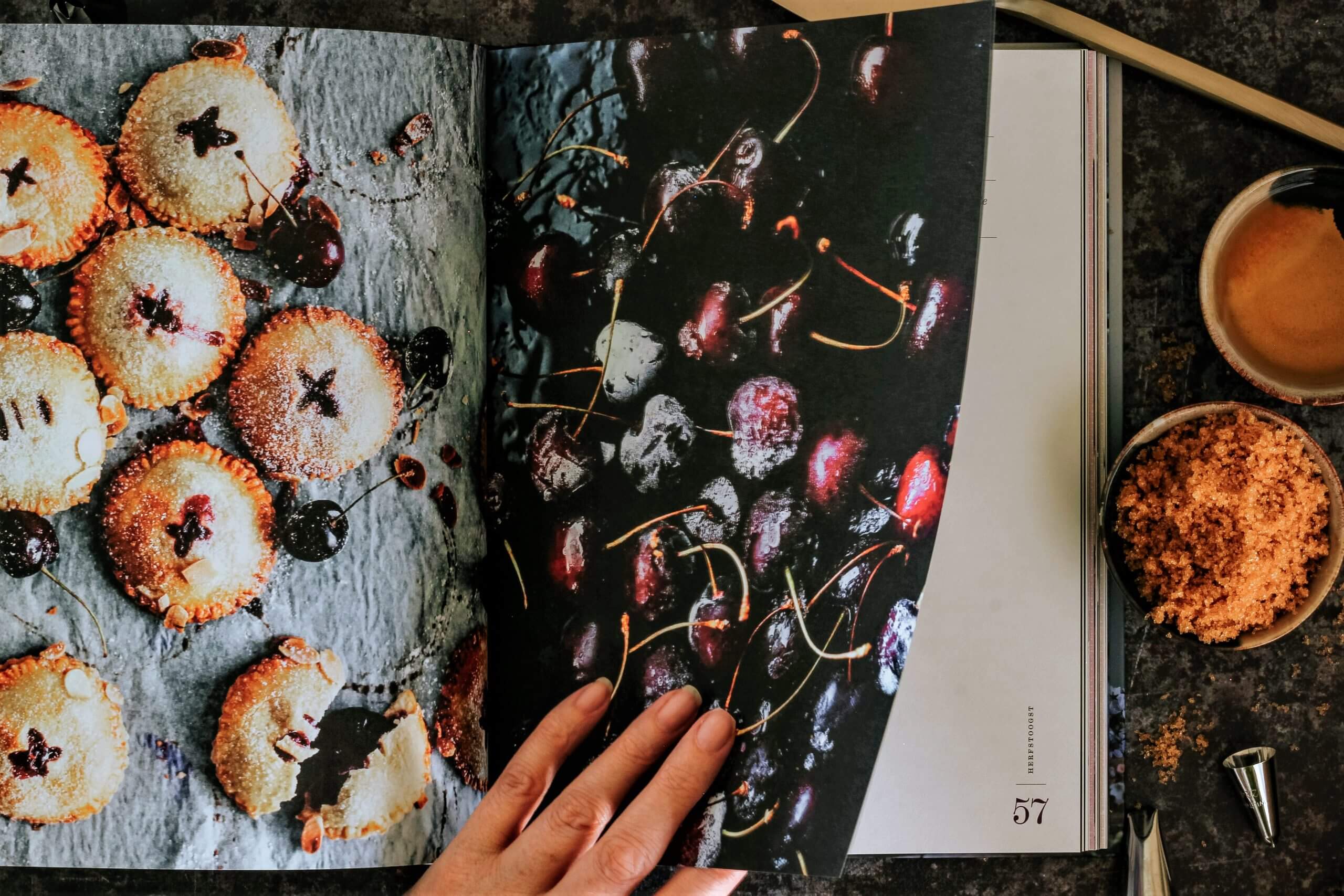
Not everyone can go to culinary school. Thankfully, cookbooks can be a master class in the fundamentals and techniques for aspiring chefs; whether they are in a home kitchen or a professional setting. While there certainly are some amazing on line tools and videos available to pick up a cooking education, a cookbook serves as a cohesive course covering all the bases, and are organized in ways to steadily build on what you learned, as you master new understanding.
There’s an obvious value in the expertise of proven chefs; whose recipes have been tried and tested to reach perfection. When presented in cookbooks they are offered with step-by-step instructions, beautifully photographed images, thus making it easier for us to replicate their brilliance in our own homes. My experience with cookbooks was by no means unique, but thanks to some noteworthy culinary reads, I grew as a cook and an informed eater.
2. Cookbooks Allow us to Travel the World from our Kitchens!
A cookbook can be a passport of sorts for learning about the world of food. With intriguing recipes and lush photography, cookbooks that take a deep dive into a culinary culture can offer home cooks a way to take a journey to another part of the globe, and thus diversifying our repertoires, and immersing us in simulating new flavors. If you’re looking for tastes outside your normal realm, cookbooks can transport us and help us learn how to build upon unique flavors and learn the fundamentals of a new style of cuisine.
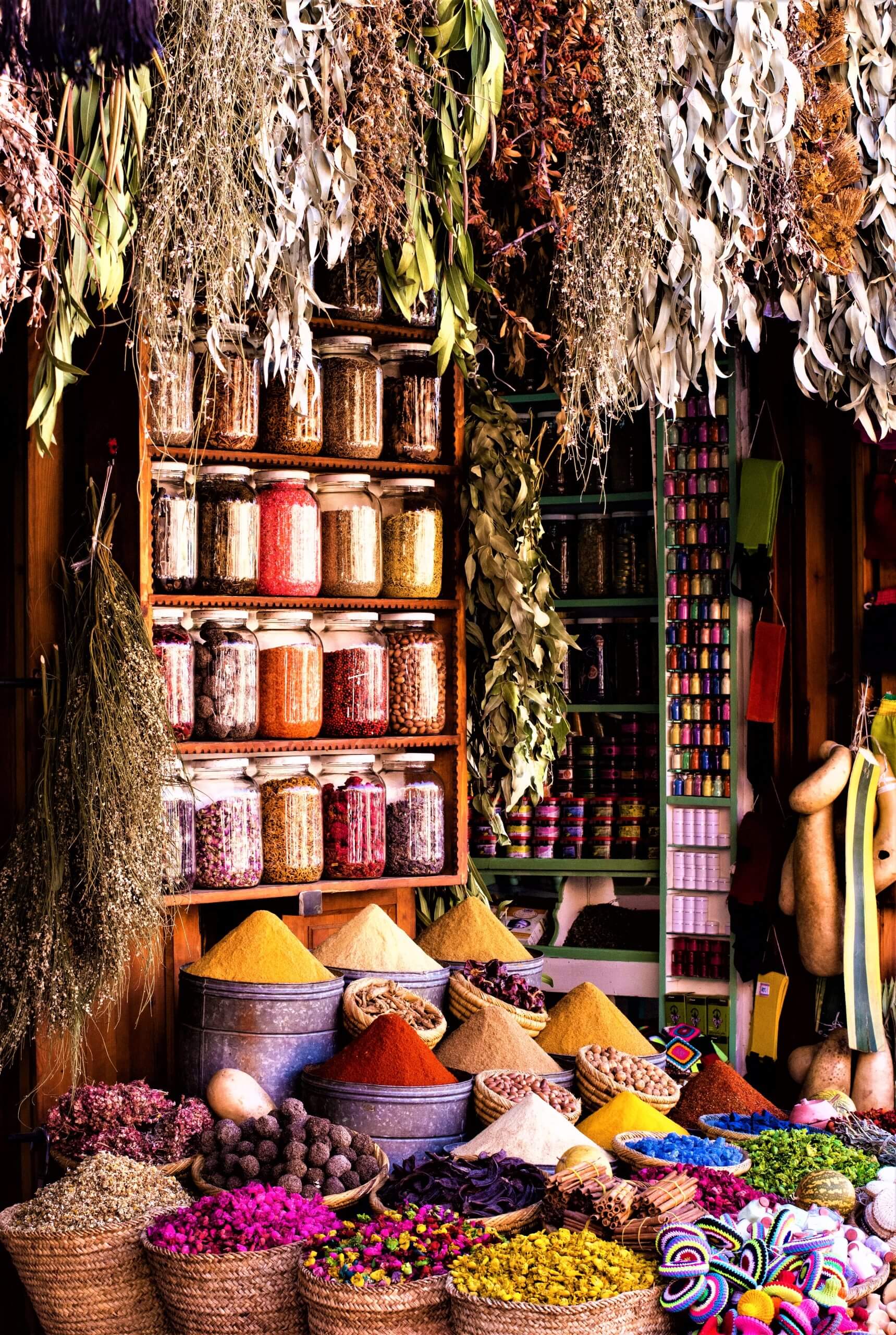
3. Saving Money
Food waste is a big source of wasted money. Each time we avoid wasting food, we get another great meal and some extra money in our pockets. Cooking can be simple, flavorful, nutritious and frugal. One of the keys to this is leaning how to put odds and ends together by using up the ingredients in your house and learning about creative and often inventive substitutions. For example, I’ve learned how to make a variety of sauces from scratch. Having an array of base ingredients, bought in bulk, is actually a great way to save on money long term, and since you are mixing up everything fresh, cut out unnecessary preservatives. For example, I love peanut sauce, but at $5 a bottle, it got a little pricey. Turns out it’s pretty simple to make; peanut butter, soya sauce, maple syrup, white rice vinegar, some fresh ginger and garlic… tada! Fresh peanut sauce.
Freezer cooking is a popular way to save money on food too. It’s a simple notion; block out some time (I usually do this on a Sunday afternoon), and prep all my meals for the week. This includes making large batches of soups, stews, baking breads and muffins, as well as prepping all my smoothie mixes for the week. Once done, simply toss them into the freezer, and on days when work and life has been especially tough, I’m not as tempted to just pick up take out, as I know I have something nutritious and delicious at home I can just pop into the oven.
4. Cookbooks are Practical
A cookbook is a flawless final product that has been methodically written, edited, tested and illustrated to polished perfection. Cookbooks help us organize, preserve and access amazing recipes (ad-free), are available offline and therefore very practical. I like to go camping, and taking a trusted (but not too heavy) cooking book on canoe or hiking trip, allows me to create inspired meals anywhere. And let’s face it, you can only eat granola for so many days before you want a real meal out in the wilderness.
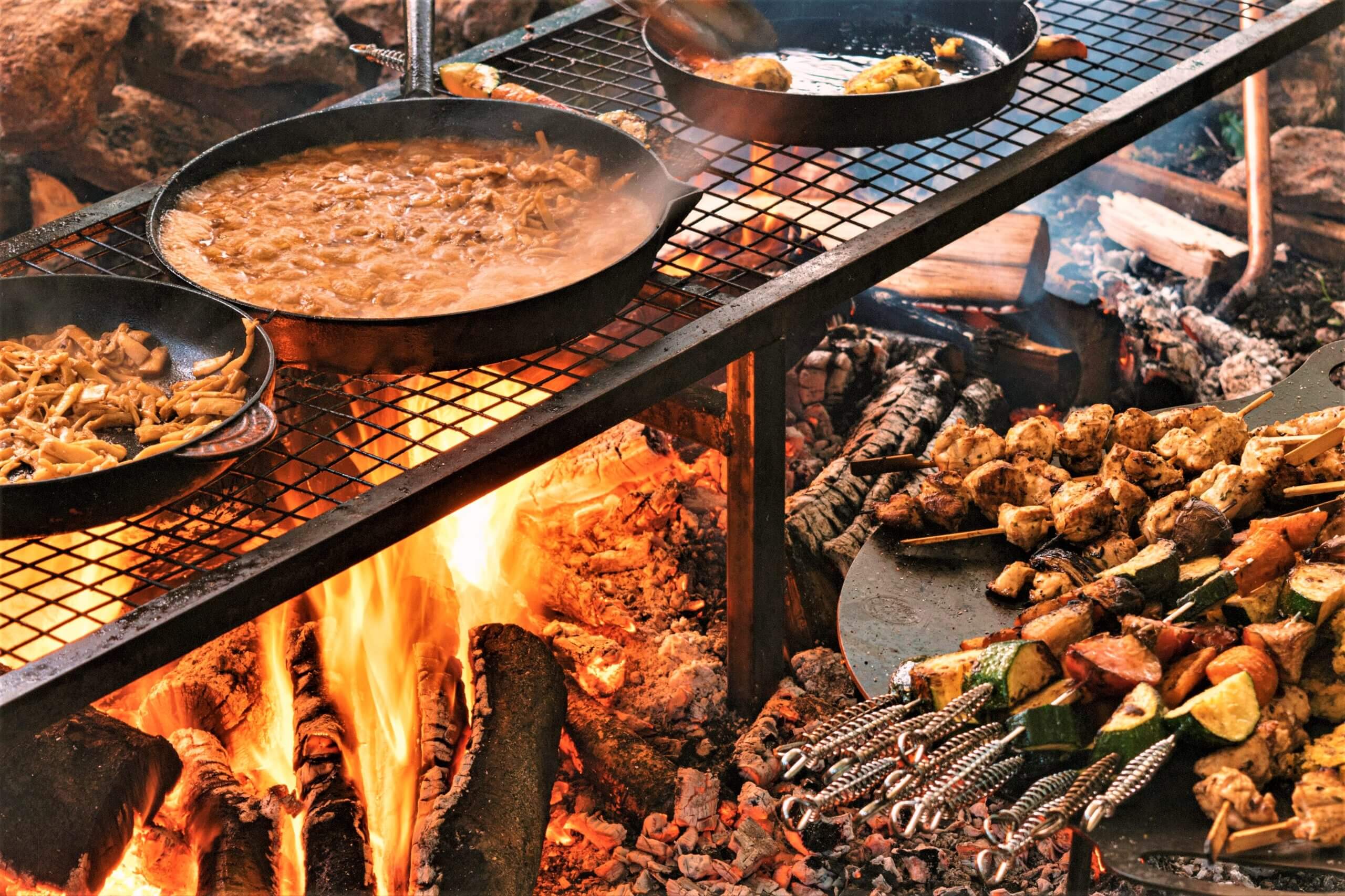
“It is important to view a recipe book as one that you use daily and what we in our family call “a living book” — a book that you use all the time, not just read once and discard on the shelf. It is in a sense a spell book, a book of magical enchantments, to be consulted, used and altered as needed.” –
An avid book reader and proud library card holder, Angela is new to the world of e-Readers. She has a background in education, emergency response, fitness, loves to be in nature, traveling and exploring. With an honours science degree in anthropology, Angela also studied writing after graduation. She has contributed work to The London Free Press, The Gazette, The Londoner, Best Version Media, Lifeliner, and Citymedia.ca.
